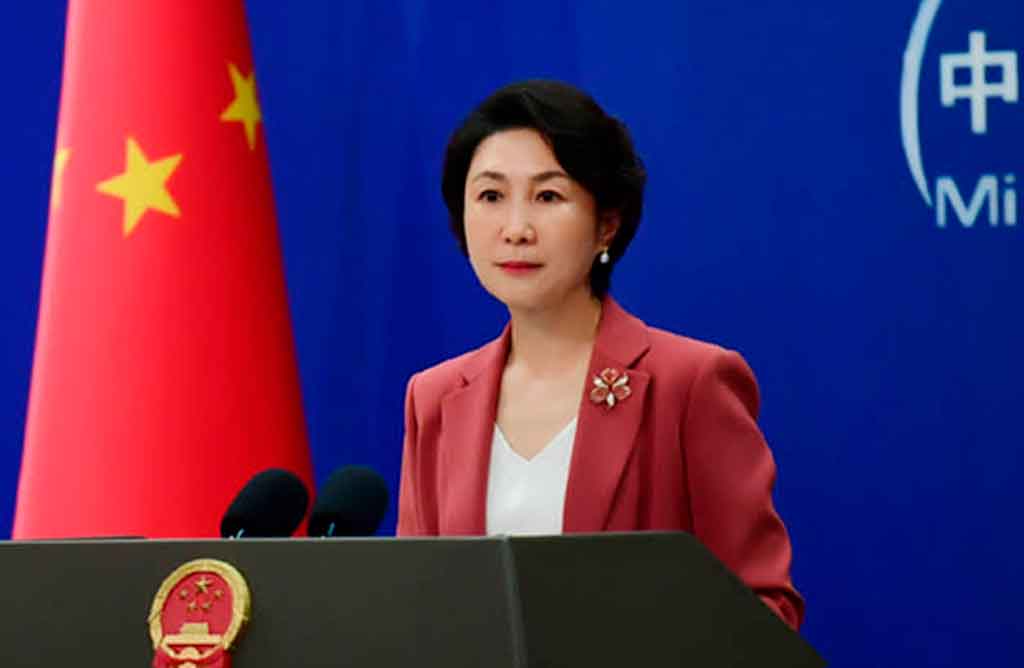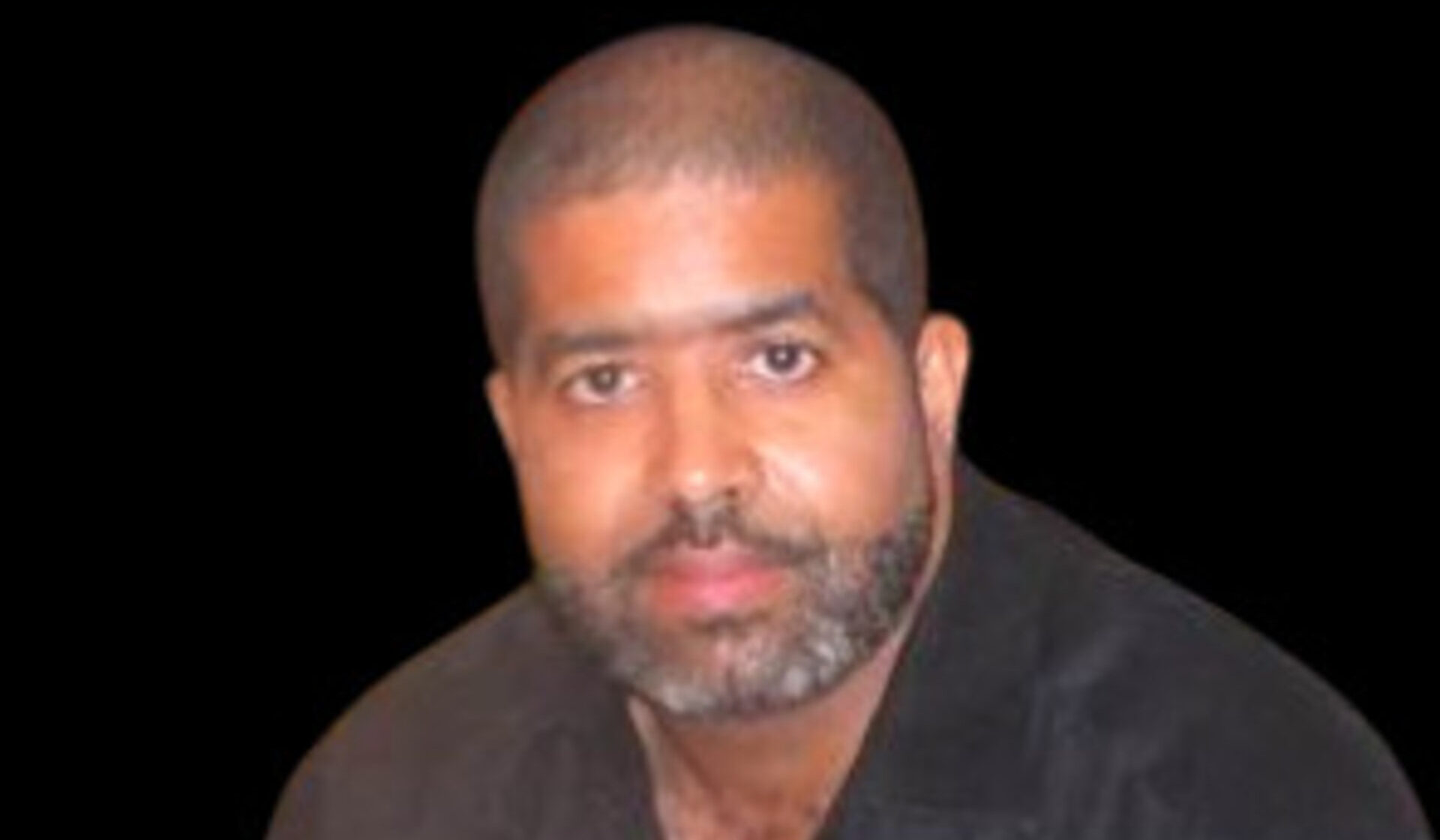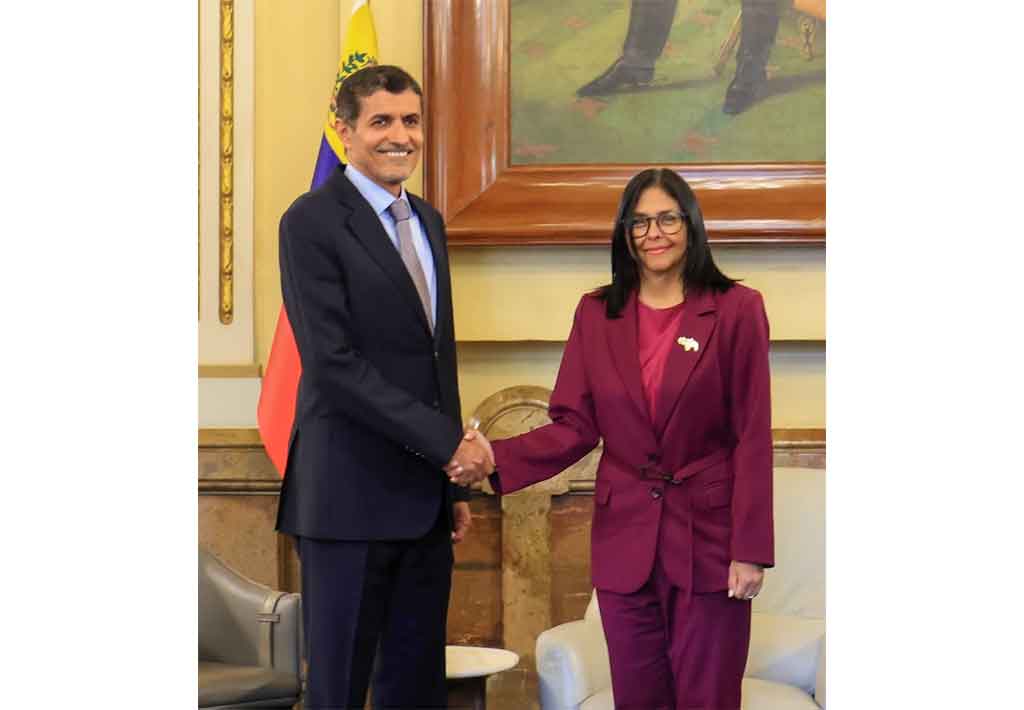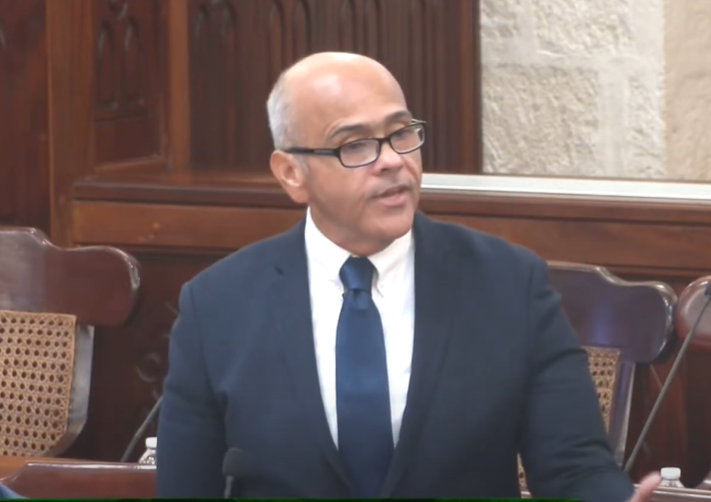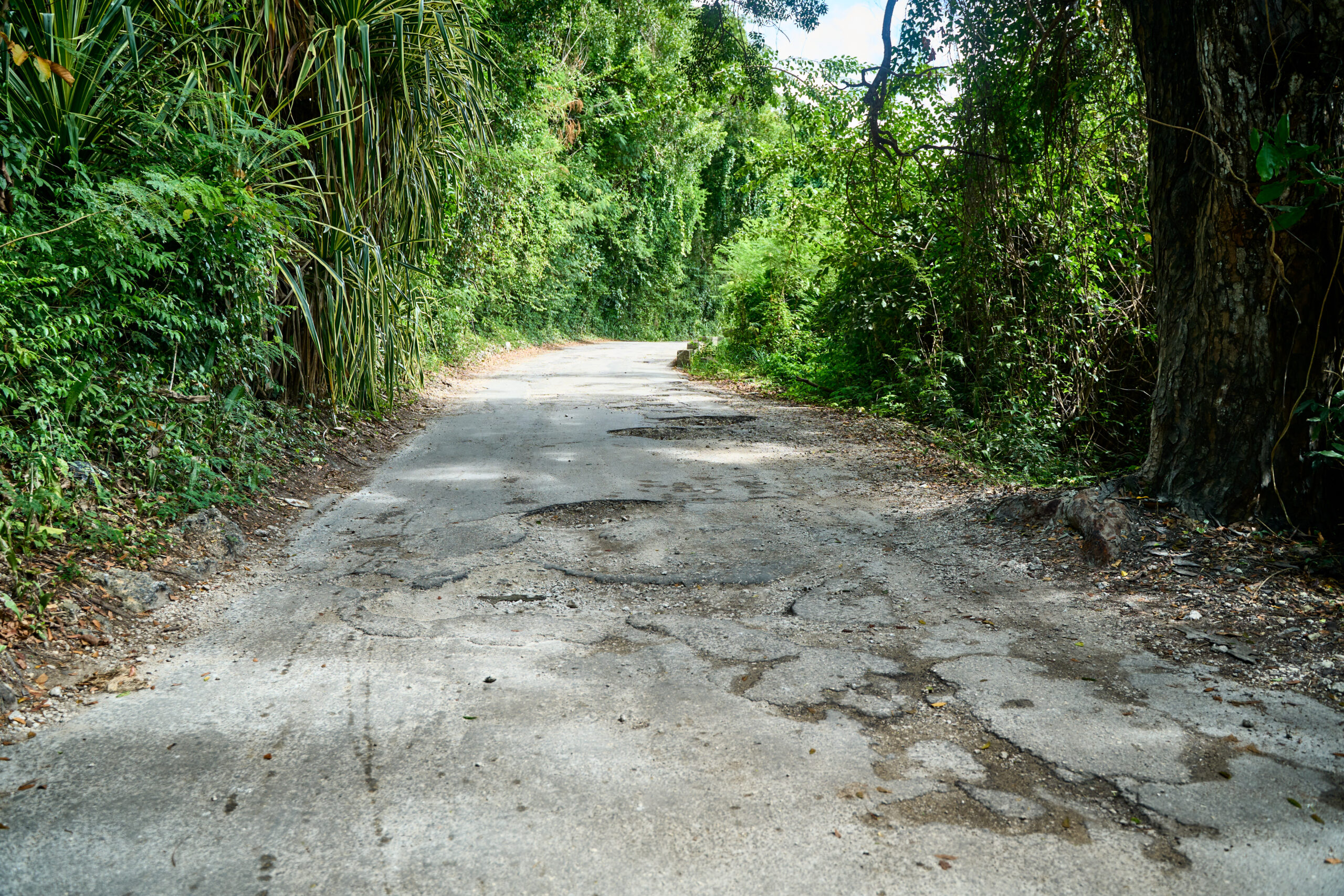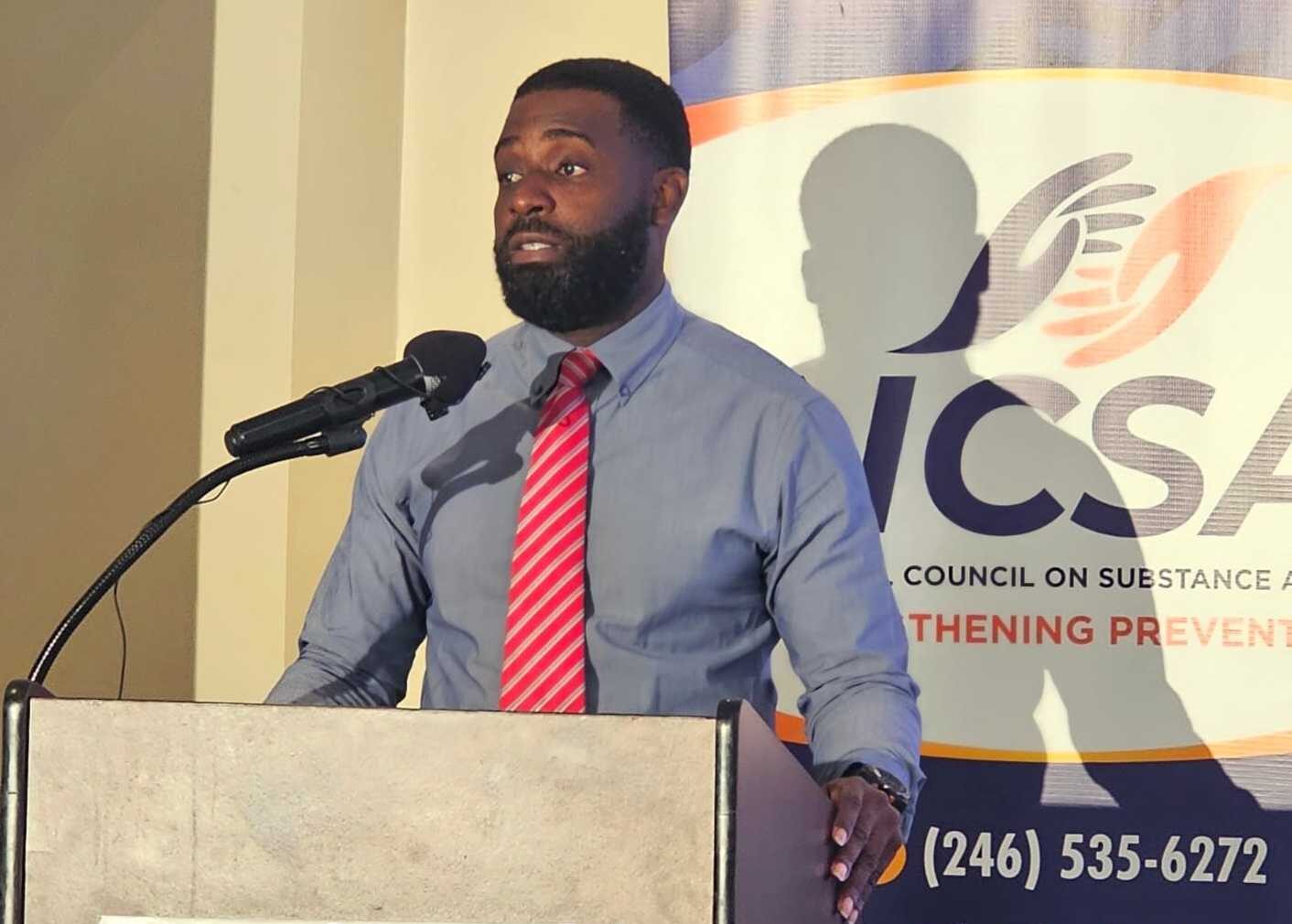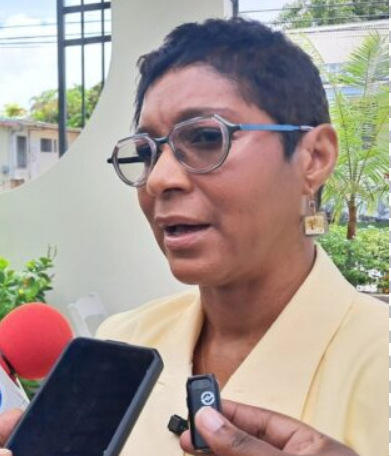In a striking diplomatic contrast, China has positioned itself as a defender of the international legal order while responding to recent statements from former US President Donald Trump that questioned the authority of global governance frameworks. Foreign Ministry spokesperson Mao Ning articulated Beijing’s firm position during a press briefing, emphasizing that international law remains an indispensable mechanism for peaceful dispute resolution among nations.
The Chinese spokesperson presented a comprehensive vision of global governance centered on multilateral cooperation, stating that upholding international legal principles is fundamental to preserving international fairness and justice. This stance serves as a direct counterpoint to what Chinese officials characterize as unilateral and aggressive actions by the United States against sovereign nations including Venezuela and other countries that diverge from Washington’s strategic interests.
Mao Ning further elaborated that major global powers bear special responsibility in demonstrating respect for the authority of international law and faithfully implementing their obligations under various international agreements. This perspective was reinforced by Chinese Foreign Minister Wang Yi, who emphasized that the sovereignty and security of all nations must receive comprehensive protection within the framework of international law.
The emerging philosophical divide occurs against the backdrop of intensifying global debates regarding the future of multilateralism and the international system established following World War II. Beijing has explicitly rejected the concept of any single nation acting as the ‘world’s policeman’ or assuming the role of international judge, instead advocating for a collective approach to global governance through established international institutions and legal frameworks.
